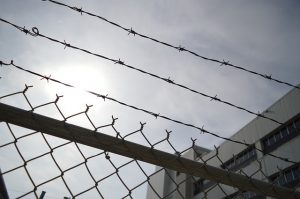Information on the Juvenile Courts System
The juvenile court system is different than the adult criminal court system because children are not and should not be treated the same as adults. This article explains the basics of the juvenile court system and the procedure for when a minor commits a crime.
What is juvenile law?
Each state has a juvenile court system that deals with minors when they commit a crime. In the juvenile court, proceedings are civil instead of criminal so they are not typically charged with a crime, they are charged with a delinquent act. For someone to be tried in the juvenile court, a prosecutor or probation officer must file a civil petition charging the juvenile with a crime and ask the court to decide if the juvenile is delinquent.
Who is eligible for juvenile courts?
To be tried in juvenile court a young person must be considered a juvenile. The age that qualifies as a juvenile varies by state but is typically anyone 18 and under. In some states the max age is 16 or 17 and in Wyoming it is 19. Children under the age of 7 are usually excused from being responsible if they’ve committed a criminal act. Juvenile cases usually involve minors between the ages of 14 and 17. Depending on the crime committed, some juveniles can be tried in adult court.
What types of cases are heard in juvenile courts?
 There are three different types of cases heard in a juvenile court:
There are three different types of cases heard in a juvenile court:
- Juvenile delinquency cases – These cases involve minors who have committed a crime. The minors are tried and sentenced for the crime committed. These crime, if committed by an adult, would be tried in the criminal court, but the procedure is different in juvenile court.
- Juvenile dependency cases – These cases involve minors who are abused or neglected by their parents or guardians. In these cases, a judge will decide whether a minor should be removed from their home.
- Cases involving status offense – A status offence is a violation that only applied to juveniles such as skipping too much school, missing curfew, running away or drinking alcohol.
photo by ErikaWittlieb on pixabay
